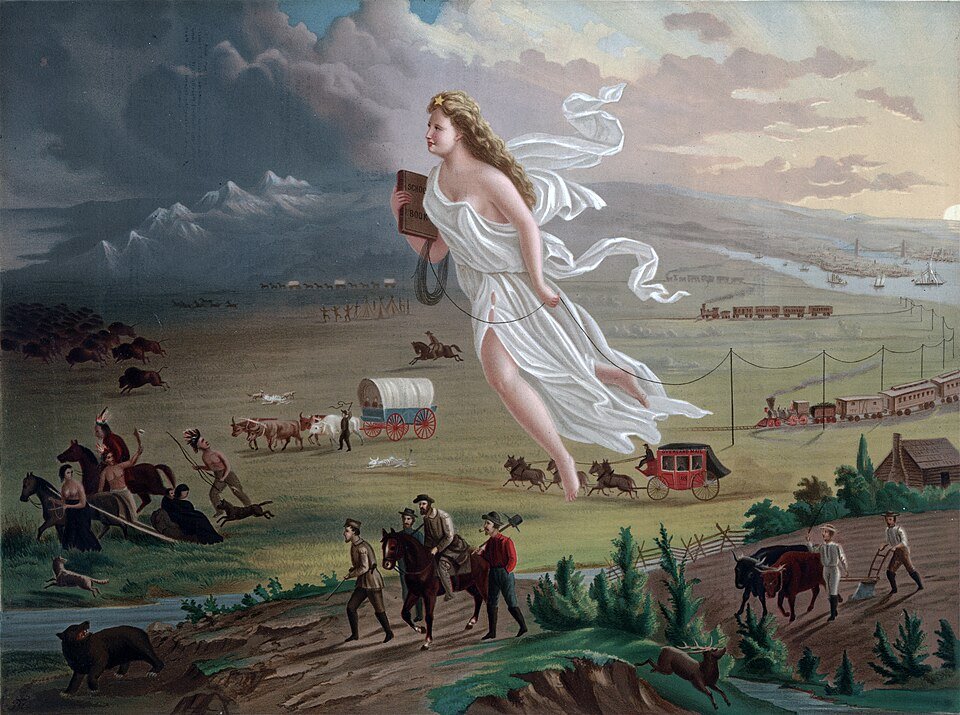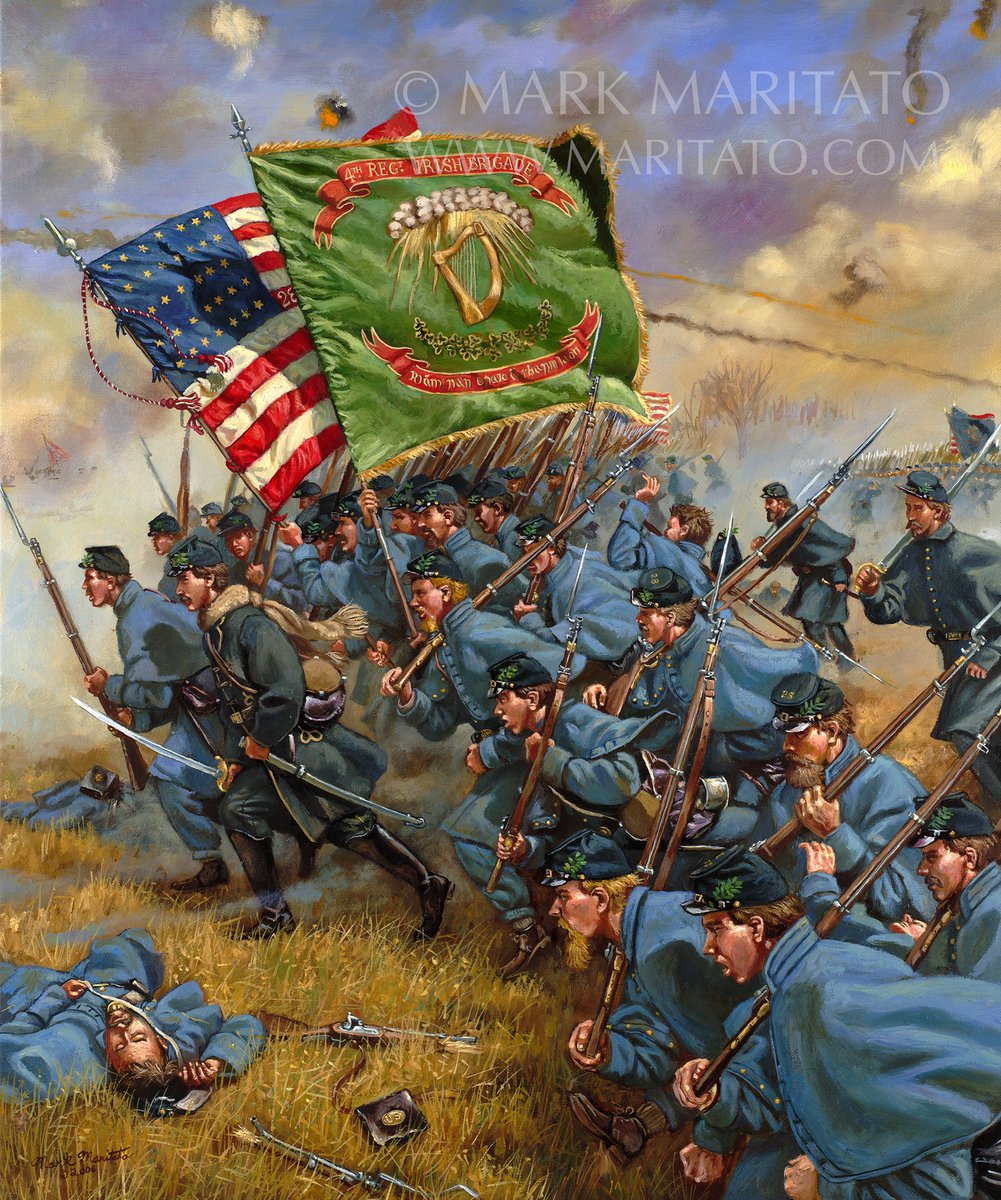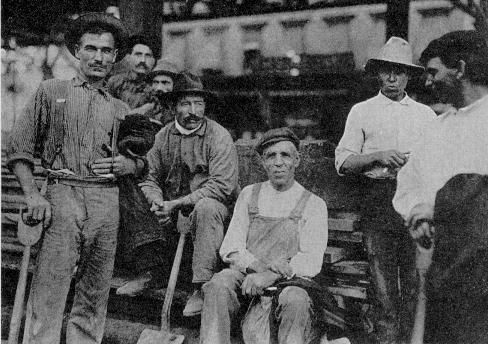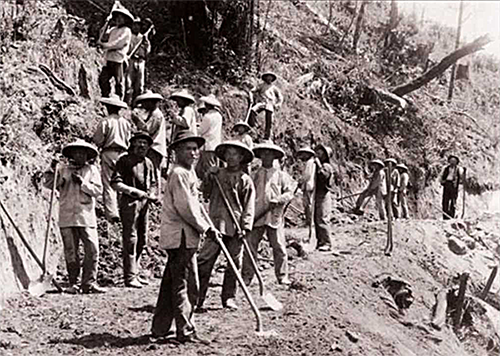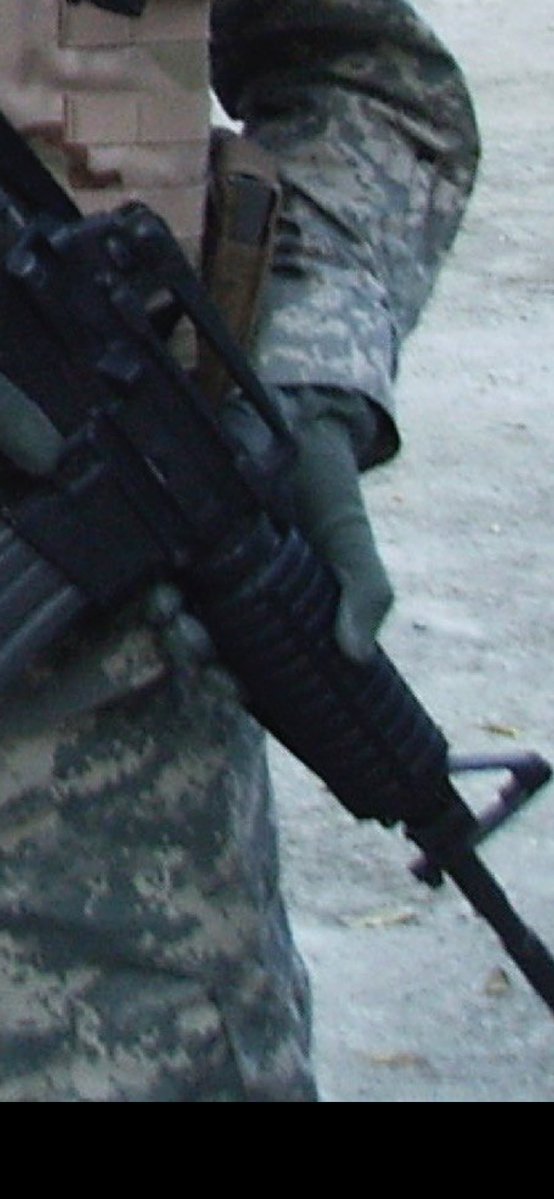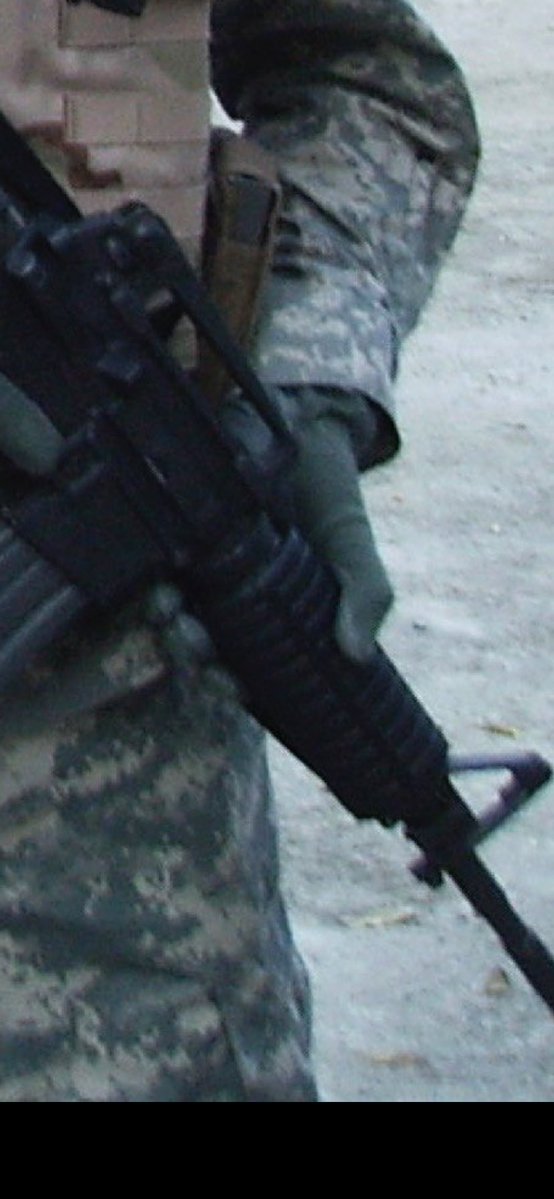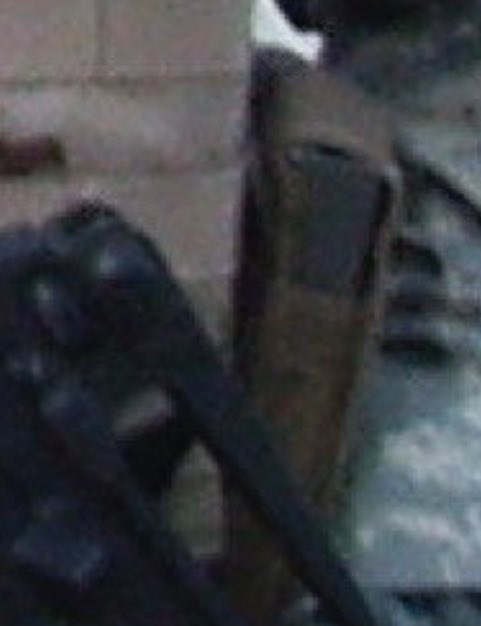Attrition does strange things to people. The peace after extended exposure to violence can lead even the strongest to relax and forget their first duty: to protect themselves. Putting your fate in another's hands is risky, like at the Siege of Fort William Henry in 1757.
1/ As he watched the shells of the French siege guns pound into the walls of his fort, British Lieutenant-Colonel George Monro knew the only thing that could break the French and Indian siege around his beleaguered command was a British force commanded by General Daniel Webb… 

2/ …who sat less than a days march away. Monro’s mixed force of British Regular and Provincial Battalions from across Yankeedom were trapped on the southern banks of Lake George by a French Army who, with their native allies, outnumbered the British 3:1. 

3/ As the cannon pounded the defenders inside and the French siege lines crept closer to the timber walls of Fort William Henry, a messenger reached Monro from General Webb. The British General would send no help to his brother in arms. 

4/ His situation hopeless, Colonel Monro marched out to meet the commander of the French/Indian forces, Louis-Joseph de Montcalm-Grozon, Marquis de Montcalm de Saint-Veran, to discuss terms of his surrender.
5/ The 2,500 defenders and their families inside Fort William Henry counted on Monro to secure them a good deal, and he did not let them down. The French agreed to allow the British to leave the fort, under French guard, and essentially parole themselves back home. 

6/ The British could keep their muskets, but they were to turn all of their powder and ammunition over to the French.
While the French could be trusted to obey the terms of the surrender, their allies, nearly 2,000 Odawa, Abenaki, and Potawatomi natives could not.
While the French could be trusted to obey the terms of the surrender, their allies, nearly 2,000 Odawa, Abenaki, and Potawatomi natives could not.

7/ Even had they wanted to, the language of their French masters and the customs of European battles were as foreign to them as the heavy artillery.
As soon as the British started marching out of the surrendered fort, natives in search of war loot streamed in.
As soon as the British started marching out of the surrendered fort, natives in search of war loot streamed in.
8/ Unable to find anything valuable in the smoldering ruins, they began digging up graves of British dead (including Captain Richard Rogers, brother of the more well known Robert who would go one to write some rules, and massacre an entire Abenaki village in retaliation) 

9/ When that yielded little, they began angrily hacking to death the sick and wounded British who had been left in the care of the French doctors. The British officers protested this violation, and the French promised to help. 

10/ Despite the real possibility he could not control his allies, General Montcalm did not return the ammunition to the British soldiers to allow them to defend themselves. As the main British body marched down the frontier trail towards home, they were shadowed by the natives. 

11/ Far from the large attack pictured in the movies, the violence grew gradually, like a series of armed robberies.
12/ When the British protested natives stealing their clothes, tools, and weapons from their hands, they were told by their French “protectors” to just appease the natives, hand over their possessions, and they would go away. Go away they did not. 

13/ Again unsatisfied, Abenaki warriors rushed the column, and started dragging men, women, and children off into captivity. When the British tried to resist, they were murdered by a native tomahawk or war club. 

14/ Men who the day before had stood in battle against the Empire of France watched helplessly as their wives and children either died, hacked to pieces under a native blade, or were carried off into slavery. 

15/ Some Frenchmen tried to intervene, and some did nothing, watching as unarmed men, women, and children died by the dozens.
16/ Precise numbers of British killed by the natives are unknown, estimates range from 200-1,500 with the number of captives sold into native slavery being in the hundreds. 

17/ As the screams of the slaughter occurring in the rear reached the front of the column, the once proud soldiers broke and scattered into the woods, leaving their comrades in the rear to their fates in an attempt to save themselves. 
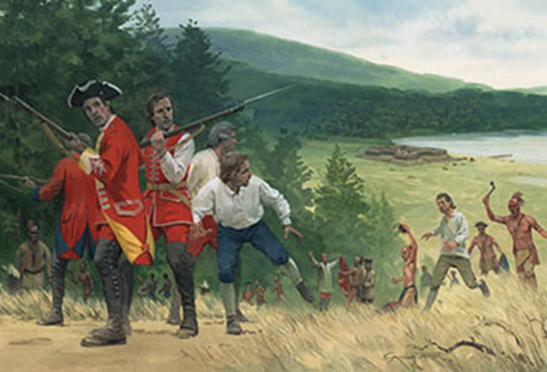
18/ Monro and some of his men were sheltered by Montcalm, while hundreds of less connected soldiers and their families hid and awaited their fates, unarmed and powerless to save their own lives.
19/ We all know the argument… “sensible” or “common sense” gun “reform” measures. But we know the truth, they want us unarmed. Whether it is due to their utopian vision of society, or something more sinister, the goal remains the same. 

20/ They see guns as the evil, but we recognize that since the dawn of history the evil is in man and weapons have helped protect the good from the bad. 

21/ Evil’s predilection towards violence combined with their lack of morality make them more effective fighters than most of the population: the gun is what evens those odds.
They claim that the police, or someone, will protect us from the evils of the world. But that is a lie.
They claim that the police, or someone, will protect us from the evils of the world. But that is a lie.

22/ The battle to maintain our autonomy, and our god given right to self-defense has been a long one, one that can easily wear you down. “Common-sense” sounds fine, fewer criminals with guns is good. But they are coming for ours too, and we can not give them an inch of ground. 

23/ For whatever reason we own guns, defense against tyranny, fun, larping, flexing on the poors, pouring olive oil into: the right to self defense is the first. No one will defend your family like you will. A gun is what defines you as an autonomous citizen. Never surrender




• • •
Missing some Tweet in this thread? You can try to
force a refresh


